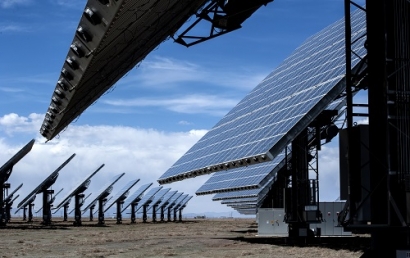
The increase in residential installations helped the U.S. solar market grow 45 percent year-over-year and contributed to 15 states having their best quarter ever for residential solar. States with smaller solar markets such as Idaho, Wyoming, New Mexico and Iowa all saw record residential growth due to continued price declines and improvements to the economic competitiveness of solar across the country.
“This positive report makes clear that American families are demanding energy choice and solar, and that our industry is ready to deliver,” said Abigail Ross Hopper, president and CEO of SEIA. “This is the kind of growth and investment we could see going forward if we make smart policy moves, like extending the solar Investment Tax Credit and stopping additional tariffs. Failure to make these policy moves will limit deployment potential and cost jobs.” ”
California continues to be the largest residential solar market, installing nearly 300 MW in the third quarter of 2019, breaking its own quarterly record.
“While California has always led the country in solar deployment, the drivers behind that growth have shifted,” said Austin Perea, senior solar analyst for Wood Mackenzie. “This is primarily due to new-build solar demand and increased consumer interest in solar + storage solutions as a result of public safety power shutoffs that have left hundreds of thousands of utility customers in the dark.”
According to the report, power shutoffs in California and national coverage of these issues has renewed demand for solar + storage solutions in California and other states across the country.
Wood Mackenzie is forecasting that the total amount of solar installed in the U.S. in 2019 will reach 13 GW, representing 23 percent annual growth.
Wood Mackenzie forecasts 23 percent year-over-year growth in 2019, with 13 GWdc of installations expected. In total, more than 9 GW were added to the five-year forecast since last quarter to account for new utility-scale procurement.
Total installed U.S. PV capacity will more than double over the next five years, with annual installations reaching 20.1 GWdc in 2021 prior to the expiration of the federal Investment Tax Credit for residential systems and a drop in the commercial credit to 10 percent (under the current version of the law).


